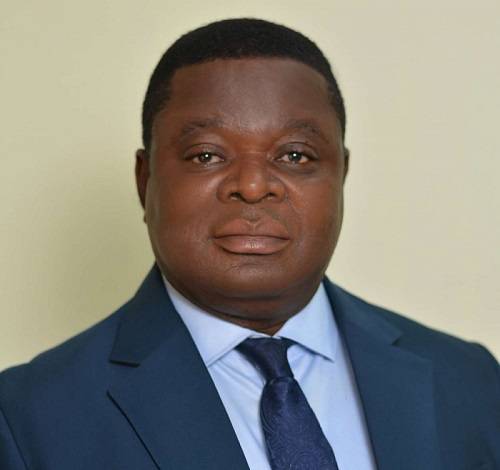
The government must initiate new measures to broaden the tax net to shore up its revenue rather than the traditional approach of burdening the existing tax payers through the hiking of taxes and the introduction of new ones, some economic stakeholders have said.
According to them, it was important that new initiatives and strategies were deployed in the 2024 budget to improve tax collection to shore up government revenue and also outline measures to help address the macroeconomic challenges such as high cost of capital, deficit and inflation bedeviling the country.
In addition, they said the government should outline initiatives in the 2024 budget to support the private sector and spur its growth to foster economic development and job creation.
The Director of the Institute of Statistics, Social and Economic Research (ISSER) of the University of Ghana, Professor Peter Quartey, the former Chief Executive Officer of Association of Ghana Industries (AGI), Dr James Asare-Adjei, the President of Ghana Insurers Association (GIA), Seth Aklasi, the President of Insurance Brokers Association of Ghana (IBAG), Shaibu Ali, the President of Chartered Insurance Institute of Ghana (CIIG), Solomon Lartey, stated these in separate interviews on their expectations on the 2024 Budget and Economic Policy of the government.
The Minister of Finance, Ken Ofori-Atta, is expected to present the 2024 Budget and Economic Policy of government to Parliament on Wednesday in line with the Public Financial Management Act.
Next year’s budget would be a crucial one since it marked the last budget for the ruling New Patriotic Party government and economic watchers are patiently waiting with bated breath policies the government would initiate to bring back confidence in the economy and policies to ameliorate and address the socio-economic difficulties Ghanaians and businesses were going through.
It would also be a budget under an International Monetary Fund programme and the concerns of the general public and businesses would be whether the government would pursue an austere budget to bring down growing public debt and deficit or flexible policies to drive economic and business growth.
Prof. Quartey said “I don’t expect new or an increase in taxes, in next year’s budget but rather measures to broaden the tax net,” saying that “Rather the existing taxes should be reviewed and those that are not performing scrapped.”
Raising concerns about the country’s fiscal situation, the Director of ISSER stressed the need for the Finance Minister to outline strategies to reduce and rationalise government spending, adding that some of the off budget spending should be reduced or eliminated to ensure that the country’s tax collection was more efficient and promoted value for money.
On job creation, the Director of ISSER said there should be measures to promote employment, saying under the IMF programme, restrictions were placed on employment.
Dr Asare-Adjei expressed concern about the prevailing high interest rate.
According to him, interest rate was out of the roof and the wish of the private sector was for the government to introduce in the 2024 budget and economic policy measures to boost private sector growth.
“Now, what we’re looking forward to, based on what we have seen in 2023 and the fact that we are in the IMF programme, are more practical sort of budget outline that will help in addressing the key challenges facing the businesses in particular and the economy in general,” Dr Asare-Adjei stated.
He said the current macroeconomic challenges were making it difficult for the private sector to expand and create enough jobs to absorb the over 200,000 graduates which were churned out every year by the various tertiary institutions in the country due the current macroeconomic challenges.
“Let us listen to varied opinion in preparing the 2024 budget and economic policy of government so that collectively we would be able to bring the country out of the current woods,” Dr Asare-Adjei.
Mr Aklasi for his part said the insurance industry needed stability in the market to help the industry overcome the challenges it encountered through the implementation of the debt exchange programme this year.
He said the industry suffered a 30 per cent loss of its assets due to the DDEP, stating that “We need the market to be stable for us to be able to invest and turn around the industry.”
Mr Aklasi said the 2024 budget must come out with strategies to reduce excessive borrowing which had brought about the macroeconomic difficulties.
The President of IBAG, Mr Ali, said the 2024 budget should be “Fluid to turn the economy around,” adding that “Once the economy is turned around, the insurance sector will definitely benefit because businesses and individuals will buy insurance.”
“We expect policies that will help promote economic activity for the various industries and companies and the broader economy,” he stated.
Mr Lartey said he did not expect reduction in taxes because government did not have the fiscal capacity to give financial reliefs in next year’s budget.
“The truth of the matter is government does not have the money. There are debts that are being piled up, treasury bills are soaring and currently at 30 plus per cent and so with that situation, there is not much that can be done.”
Mr Lartey entreated government to be a little more efficient in the use of existing resources and outline measures to promote efficiency in the use of public resources in next year’s budget.
BY KINGSLEY ASARE & AGNES OWUSU







